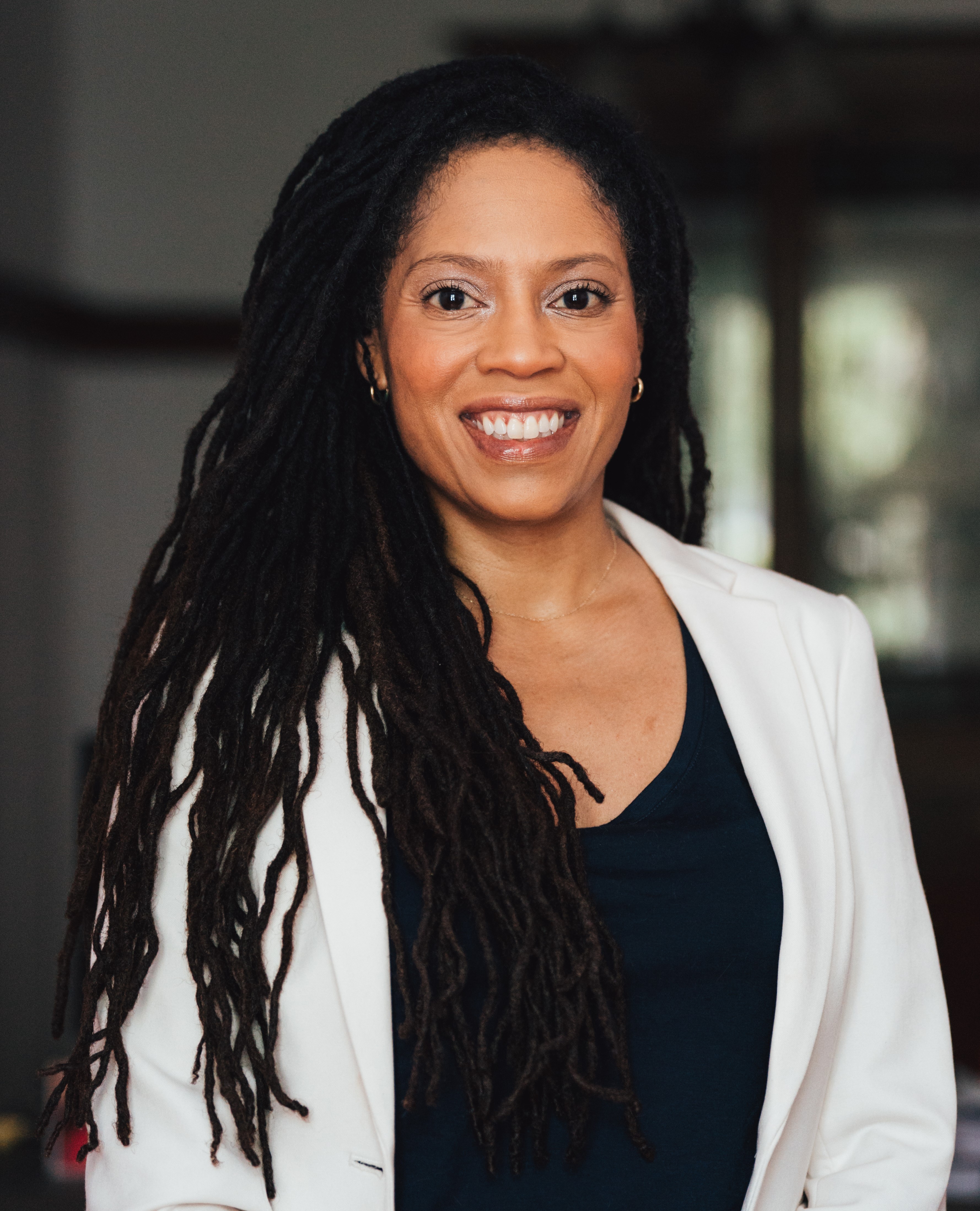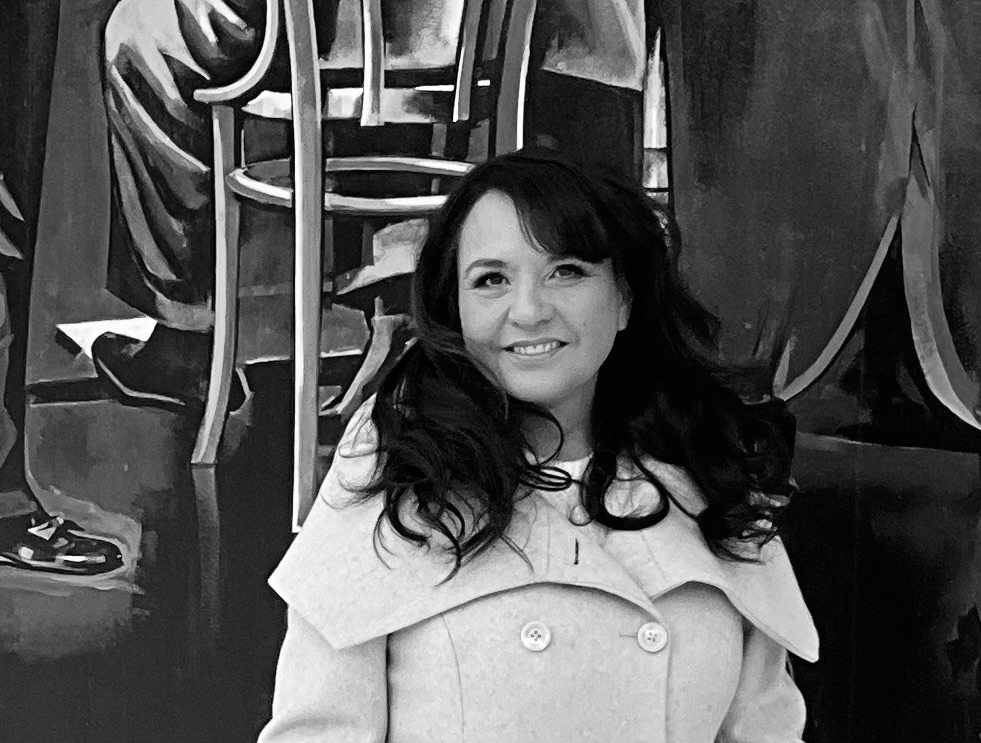- Home
- About Us
- The Team / Contact Us
- Books and Resources
- Privacy Policy
- Nonprofit Employer of Choice Award

 In Part 1, the steps to ReconciliACTION detailed the need to acknowledge an organization’s past while celebrating and amplifying the rich contributions of Indigenous peoples.* This week, United for Literacy considers how collaboration with Indigenous Communities through Summer Literacy Camps has led to collective learning and knowledge sharing.
In Part 1, the steps to ReconciliACTION detailed the need to acknowledge an organization’s past while celebrating and amplifying the rich contributions of Indigenous peoples.* This week, United for Literacy considers how collaboration with Indigenous Communities through Summer Literacy Camps has led to collective learning and knowledge sharing.
United for Literacy collaborates with over 100 First Nations, Métis, and Inuit communities. Here's an example of knowledge-sharing:
In 2005, the Honourable James Bartleman of the Chippewas of Mnjikaning First Nation changed our organization. Mr. Bartleman was the first Indigenous Lieutenant Governor of Ontario. In this role, he decided to spread his love of learning to Indigenous children. Inspired by his own life, he wanted to encourage the exchange of knowledge from North to South, South to North. He worked with United for Literacy to create Summer Literacy Camps and fulfill his vision.
Summer Literacy Camps support kids as well as entire communities, creating opportunities for collective learning and community-wide benefits:
The Summer Literacy Camps were successful and grew by word of mouth from five communities in 2005 to over 150 communities at their peak in 2019. Since the camps began, every Lieutenant Governor of Ontario has supported the program. This reflects the strength of James Bartleman’s vision and the value of these camps for young lives.
During 15 years of Summer Literacy Camps, United for Literacy has developed strong relationships with First Nations, Métis, and Inuit communities, organizations, and leaders. Summer Camps have also led communities to identify other local learning needs. This has led to year-round collaborations including:
These programs must respond to the needs of the local people. This only happens when we work together. We continue to listen and learn from the expertise of our partners and collaborators.
I know that there is still much for our organization to learn. We are literacy experts but not experts in Indigenous literacies. Our amazing partners have been willing to teach us and innovate with us—for that we are grateful. These collaborations have provided many opportunities to learn, including learning from mistakes we have made in the process of striving to do better through our work.
ReconciliACTION moving forward
So, what have we learned from our collaborations with First Nation, Métis, and Inuit partners as an organization? I can think of many things:
This is the beginning of our journey. We want to celebrate and encourage respectful discussion between non-Indigenous and Indigenous peoples. I encourage non-Indigenous peoples to take the steps of ReconciliACTION.
 As board member and Indigenous High School Graduation Coach Kristen Miller says, “We cannot change the past. But we can change the future. By learning about Indigenous cultures and people, we will find our way to healing and connection. As you journey down the path of Truth and Reconciliation, I encourage everyone to do it with an open mind and heart.”
As board member and Indigenous High School Graduation Coach Kristen Miller says, “We cannot change the past. But we can change the future. By learning about Indigenous cultures and people, we will find our way to healing and connection. As you journey down the path of Truth and Reconciliation, I encourage everyone to do it with an open mind and heart.”
For United for Literacy, this means continuing to listen to and learn from our Indigenous partners.
By recognising and celebrating the two-way flow of knowledge, we can create a more inclusive, respectful, and fair society. We will work to make amends and deliver education access and equity to First Nations, Métis, and Inuit people. We will meet them where they are while continuing to learn together.
Will you join us?
Find out more about this year’s Summer Literacy Camps and Mr. Bartleman’s ongoing legacy in the 2023 Camp Report.
Mélanie Valcin is the President and CEO for United for Literacy and has been working in the areas of education, social innovation, youth mobilization and community development for the past 20 years. Mélanie currently sits on the Board of Directors of Le Devoir in Quebec. She also volunteers with Groupe 3737, an incubator for entrepreneurs from minority groups. In 2022, Melanie was named Black Changemaker by the CBC. She is also a member of Montreal's Groupe des Trente, which aims at promoting diversity in governance. Mélanie firmly believes that education is the key to achieving social equity and prosperity.
* Peoples refers to the wide variety of experiences, cultures and traditions reflected under the umbrella term First Nations, Métis, and Inuit.